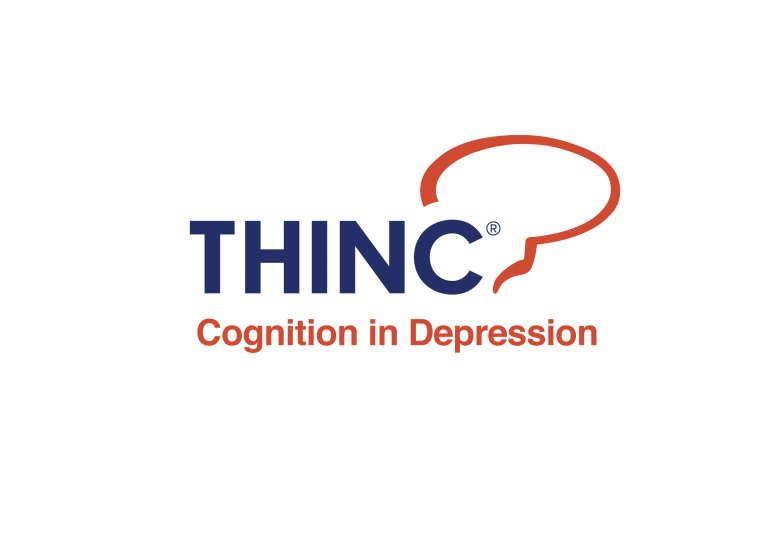Article 1: Lessons from before and after COVID-19: Why Healthcare Should Never Be the Same
“Disease X” was a term coined during a World Health Organisation (WHO) meeting held in 2018. It refers to a hypothetical entity that would cause a devastating pandemic with disastrous effects for humanity. At this meeting, and in light of “Disease X”, the WHO pledged resources to design a Research and Development Blueprint that would include a ‘preparedness plan’ allowing for the rapid activation of response activities at the onset of an epidemic
Healthcare professionals are in a high-risk situation during a pandemic, both physically and emotionally. Psychiatrists are dealing with patients who may be particularly vulnerable during this time due to high levels of anxiety and depression and, in addition, could potentially be turning to substances as a temporary solution.
This task team, at the time, did not include mental health workers. This was a concerning exclusion as during a pandemic, there will be very few people who do not experience an emotional and deleterious reaction of some kind to a possibly deadly infectious outbreak. Added to that, Health Care Professionals (HCPs) are at an increased risk; as an ‘essential service’ they are still working, with exposure to patients, while the rest of the country is in isolation. They have a higher chance of being exposed to and contracting the virus. At the same time, they are worried about bringing the virus home to their families and loved ones. They may have to work longer hours, in poorly resourced settings. Psychiatrists, psychologists and other HCPs who work in the mental health care field are not exempt. Although protective measures such as telephonic or virtual consultations could be trialled, there are still original scripts which patients need, there are still patients who need to be hospitalized, there are still patients who need to receive ECT. Many existing patients may relinquish professional help, be suspect of online solutions, and fearful of direct interaction.
Pandemics bring an increase in symptoms such as depression, anxiety and panic, all of which are normal responses to a stressful situation. Patients with already existing psychiatric diagnoses may experience a worsening of their symptoms during this time, they may resort to using substances, they may relapse and they may engage in reckless behaviour. Furthermore, this is only during the pandemic itself. Post-crisis, there are profound psychological effects, including Post Traumatic Stress Disorder (PTSD), depression and anxiety.
Added to the burden mentioned above, the crisis situation includes risks and many unknown variables. How long will this isolation continue for? Will I earn an income whilst I am isolated? Will there be enough food for me and my family to eat? What if something happens to a loved one, and I can’t get there? The ‘what ifs’ are abundant. There is a public demand for information and, unfortunately, in today’s digital world, this includes Google, Facebook and WhatsApp groups, where there is a mass sharing of information which is often a half-truth, a rumour or fake news. Hence the cycle continues leading to increased anxiety and panic.
Insights, ideas and quotations come from the following:
Huremović D, Duan C, Linder H, St. Victor G, Ahmed S Psychiatry of Pandemics – A Mental Health Response to Infection Outbreak. Switzerland: Springer Nature, 2019




